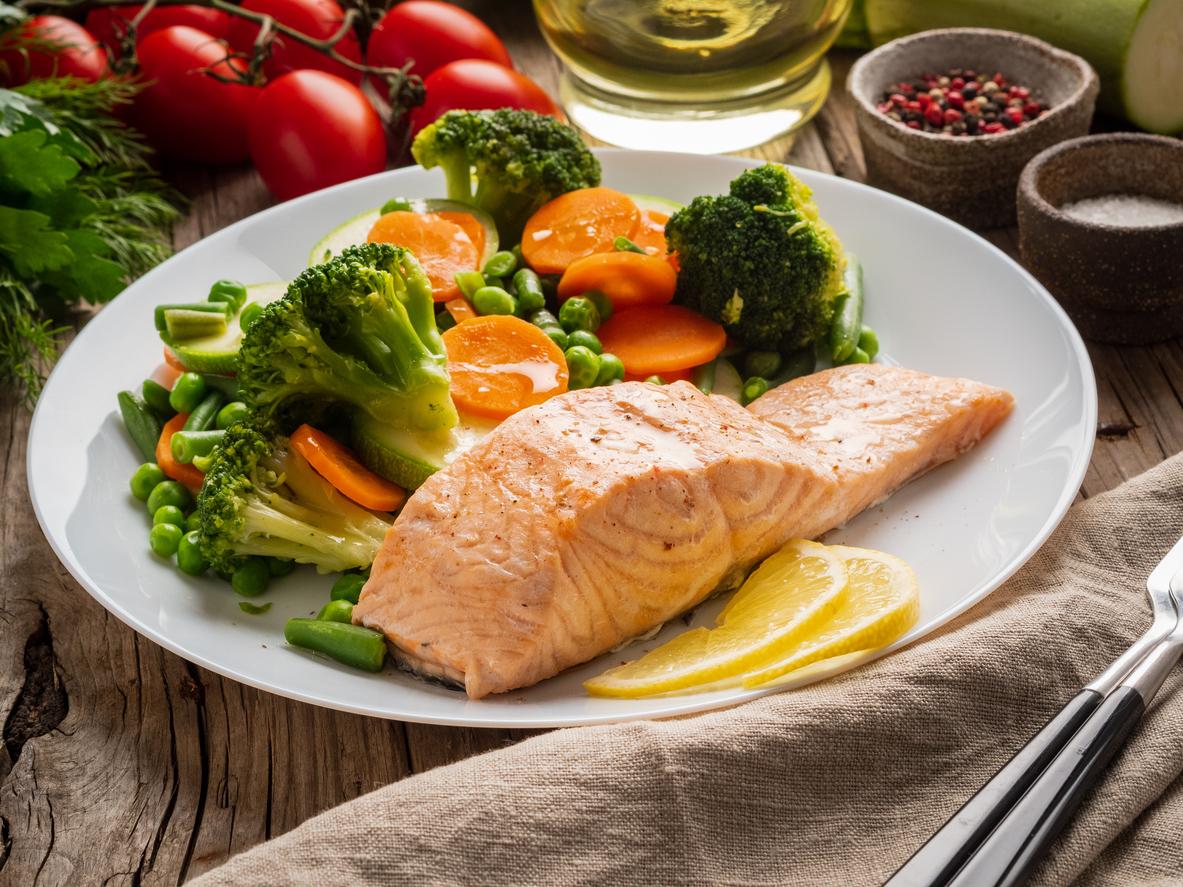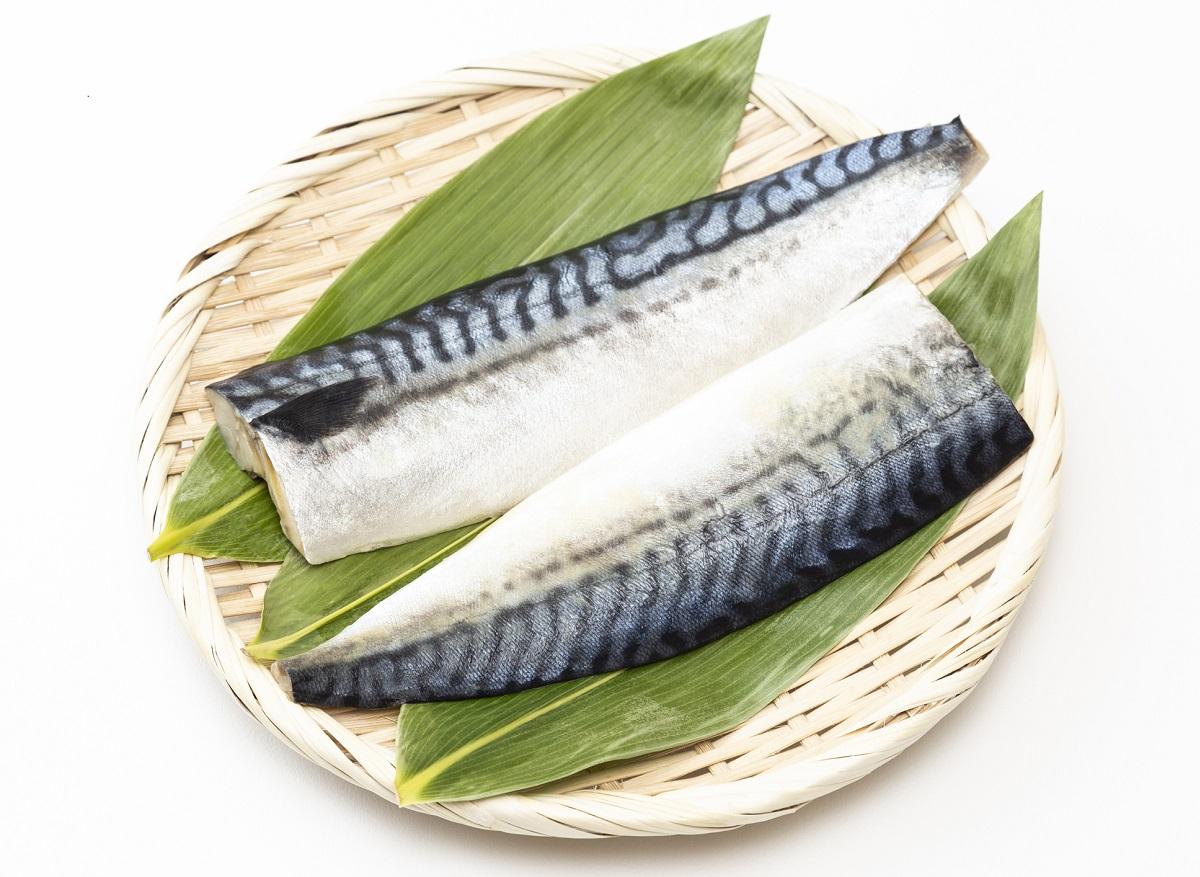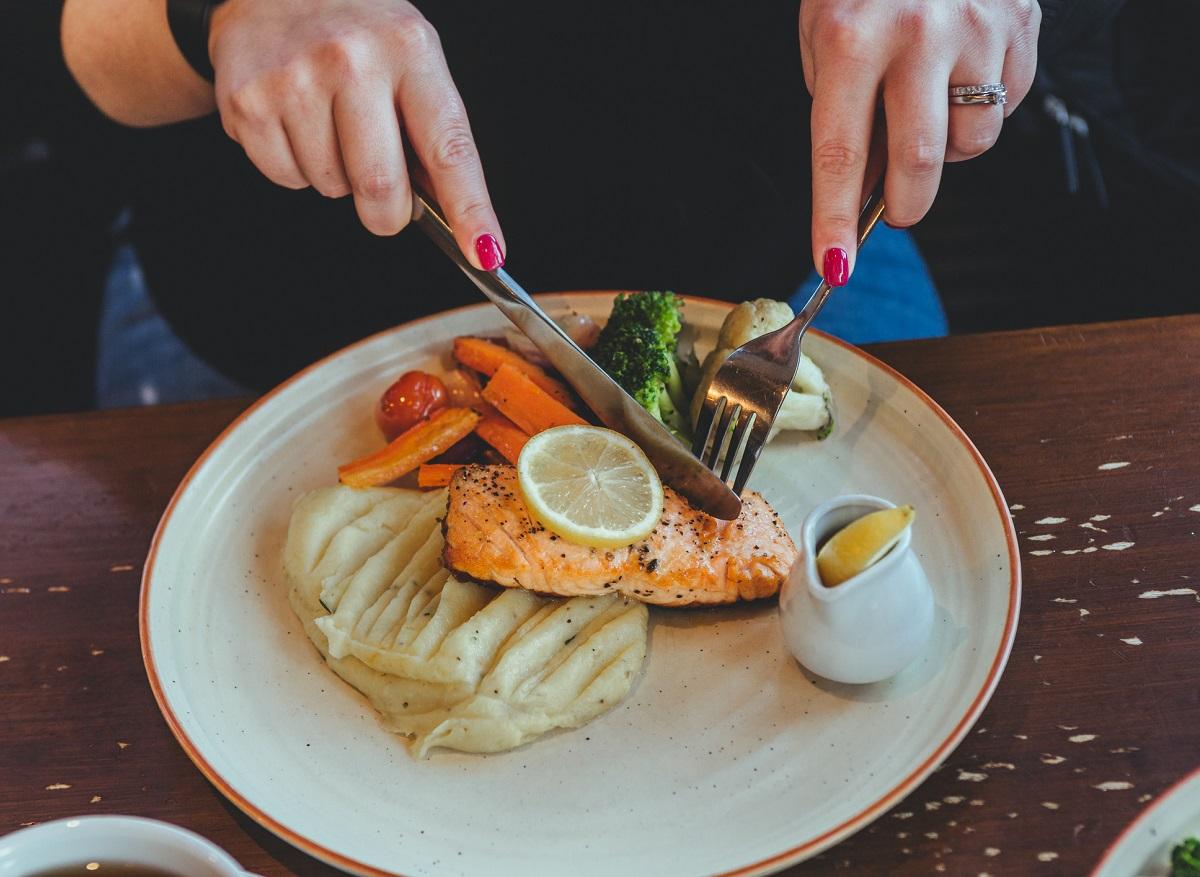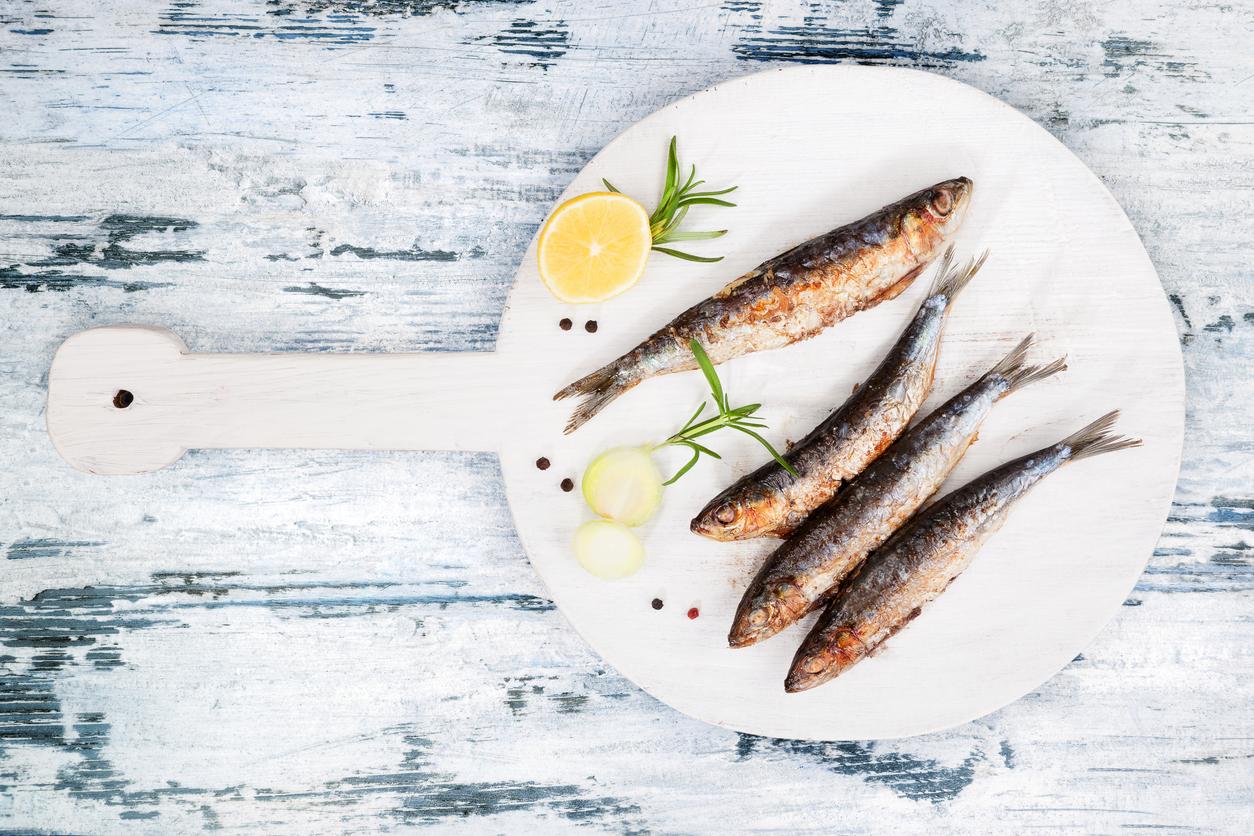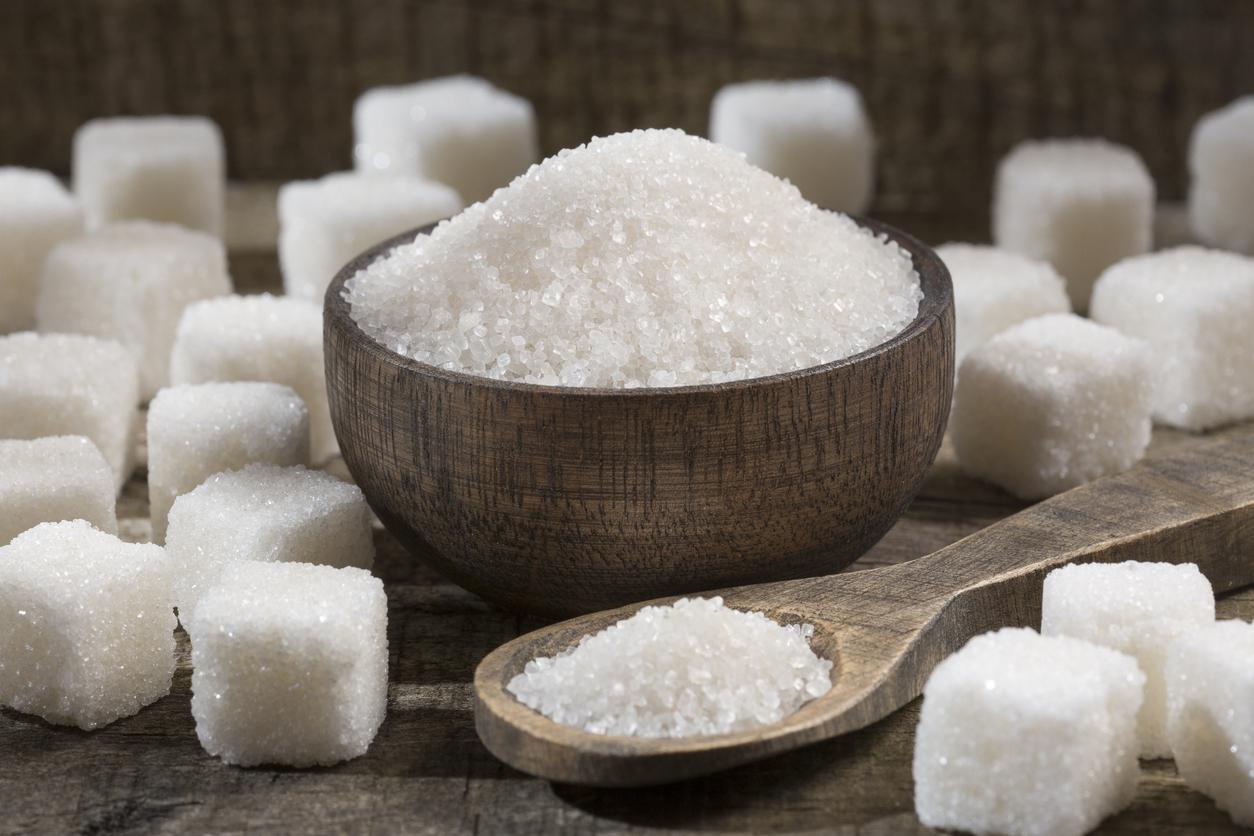
March 23, 2009 – Eating more fish seems desirable for heart health, but increased consumption would accelerate the decline of marine species and could, within 40 years, lead to the extinction of most commercial fish stocks.
This is what Canadian researchers raise, in an analysis1 published in the Journal of the Canadian Medical Association. In addition, researchers are questioning claims that marine omega-3s are good for cardiovascular health.
Activist for a greener approach to fisheries, Dr David Jenkins considers the recommendations made by Western food guides to eating fish as “unsustainable”.
 “Species that Western countries recommend eating more for their omega-3s are already under pressure – as in the case of yellowtail tuna – or have already collapsed – such as cod off the coast of northeastern Canada,” indicates the doctor and nutritionist attached to the University of Toronto.
“Species that Western countries recommend eating more for their omega-3s are already under pressure – as in the case of yellowtail tuna – or have already collapsed – such as cod off the coast of northeastern Canada,” indicates the doctor and nutritionist attached to the University of Toronto.
More than 100 species of fish have already disappeared from the seas and, by 2050, it will be the same for all species fished on a commercial basis, he says, basing himself on various studies and research on the subject.
As for aquaculture, David Jenkins sees it as neither a valid nor a desirable solution. “Aquaculture relies mainly on carnivorous species, but to produce 1 kg of such farmed fish, 2.5 kg to 5 kg of small fish are needed to feed them,” he says.
Benefits of Omega-3s: More Evidence Needed?
In his analysis, David Jenkins also maintains that the health claims that are attributed to fish rich in omega-3 are, for the time being, “overestimated”.
In particular, citing two analyzes of studies, he believes that public health workers have “not paid enough attention to studies which have shown no health benefits of omega-3s.”
“At best, fish oils are only one factor among others that can reduce the risk of cardiovascular disease, vegetarianism having shown such good results in this regard,” he says while claiming that d ” other studies be carried out on this subject2.
 Omega-3 specialist at the University of Guelph in Ontario, Professor Bruce Holub3 refutes the doubts expressed by David Jenkins.
Omega-3 specialist at the University of Guelph in Ontario, Professor Bruce Holub3 refutes the doubts expressed by David Jenkins.
“In his analysis, Dr Jenkins neglects to point out that important meta-analyzes have shown that eating more fish reduces the risk of premature mortality, ”says Bruce Holub.
He also criticizes David Jenkins for blowing hot and cold, arguing that some studies show only a 10% to 15% improvement in the health of those who take omega-3s – through diet or supplements. .
“Studies have shown better results, but even up to 10% or 15% such results are anything but negligible when it comes to public health,” says Professor Holub. In addition, they correspond to those obtained with certain prescription drugs. “
For more ecological and ethical fishing
For David Jenkins, even if other studies showed increased health benefits of omega-3s, the authors of the food guides should now take into account the overall environmental impacts of their recommendations before issuing them.
“The environmental threat posed by increased consumption of fish is now evident, and aquaculture – which reduces food resources in developing countries – is not a viable solution,” he writes in his analysis.
 “We eat the wrong species of fish, and in too large a quantity”, maintains for his part the Dr Éric Dewailly, from Laval University4.
“We eat the wrong species of fish, and in too large a quantity”, maintains for his part the Dr Éric Dewailly, from Laval University4.
According to him, it would be better to abandon large fish – such as salmon or bluefin tuna, for example – and to opt for those which are lower in the food chain, such as sardines, herring, mackerel, capelin. or anchovy.
“Small fish are very abundant, they have better nutritional value than large fish and they contain fewer pollutants”, concludes Éric Dewailly.
It was not possible to obtain comments from Health Canada – which publishes, among other things, Canada’s Food Guide – or the Department of Fisheries and Oceans, regarding the analysis of Dr David Jenkins.
|
The seafood of tomorrow? According to the Food and Agriculture Organization of the United Nations (FAO), more than 75% of commercial fish species are already exploited at full capacity, which could lead to a permanent disruption of stocks by 2050. But nature abhors a vacuum: according to an article published in the NewScientist5, other species will replace the commercial fish that have disappeared from the oceans, as is already the case in some parts of the world. So tomorrow’s seafood plate could be squid, seaweed, krill, and even jellyfish! While the latter do not have a very elaborate nutrient profile, seaweed and squid are, on the other hand, good sources of protein, calcium and iron. |
Respond to this news in our Blog Eating fish: always a good idea?
Martin LaSalle – PasseportSanté.net
1. Jenkins DJA, et al, Are dietary recommendations for the use of fish oils sustainable?, Canadian Medical Association Journal, March 17, 2009, 180 (6). doi: 10.1503 / cmaj.081274.
2. St-Michael’s University press release: www.stmichaelshospital.com
3. Professor Emeritus at the University of Guelph in Ontario, Bruce Holub holds a doctorate in biochemistry and nutrition from the University of Toronto. To visit his personal web page at the following address: www.uoguelph.ca [consultée le 23 mars 2009].
4. The Dr Éric Dewailly is a doctor and heads the Public Health Research Unit of the Center hospitalier universitaire de Québec. He is also associate professor in environmental health, in the Department of Social and Preventive Medicine of the Faculty of Medicine at Laval University. To visit his personal page: http://w3.fmed.ulaval.ca [consultée le 23 mars 2009].
5. Williams C, The next big fin, NewScientist, March 7, 2009, 40-3. To read the article: www.newscientist.com [consulté le 23 mars 2009].









